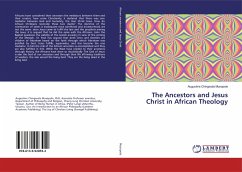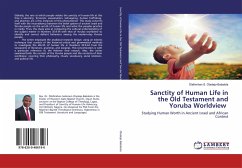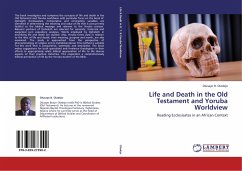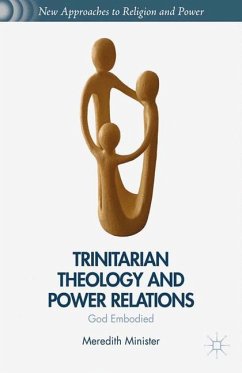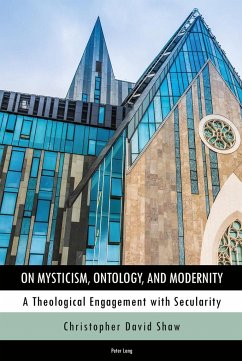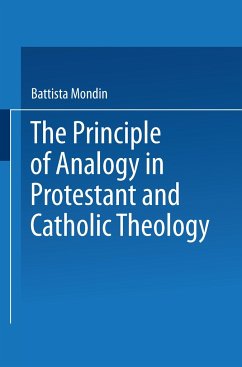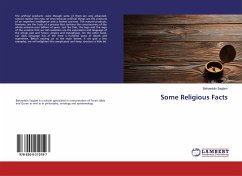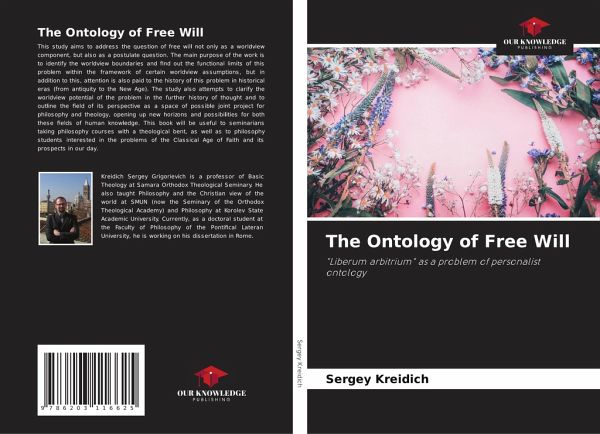
The Ontology of Free Will
"Liberum arbitrium" as a problem of personalist ontology
Versandkostenfrei!
Versandfertig in 6-10 Tagen
39,99 €
inkl. MwSt.

PAYBACK Punkte
20 °P sammeln!
This study aims to address the question of free will not only as a worldview component, but also as a postulate question. The main purpose of the work is to identify the worldview boundaries and find out the functional limits of this problem within the framework of certain worldview assumptions, but in addition to this, attention is also paid to the history of this problem in historical eras (from antiquity to the New Age). The study also attempts to clarify the worldview potential of the problem in the further history of thought and to outline the field of its perspective as a space of possib...
This study aims to address the question of free will not only as a worldview component, but also as a postulate question. The main purpose of the work is to identify the worldview boundaries and find out the functional limits of this problem within the framework of certain worldview assumptions, but in addition to this, attention is also paid to the history of this problem in historical eras (from antiquity to the New Age). The study also attempts to clarify the worldview potential of the problem in the further history of thought and to outline the field of its perspective as a space of possible joint project for philosophy and theology, opening up new horizons and possibilities for both these fields of human knowledge. This book will be useful to seminarians taking philosophy courses with a theological bent, as well as to philosophy students interested in the problems of the Classical Age of Faith and its prospects in our day.



